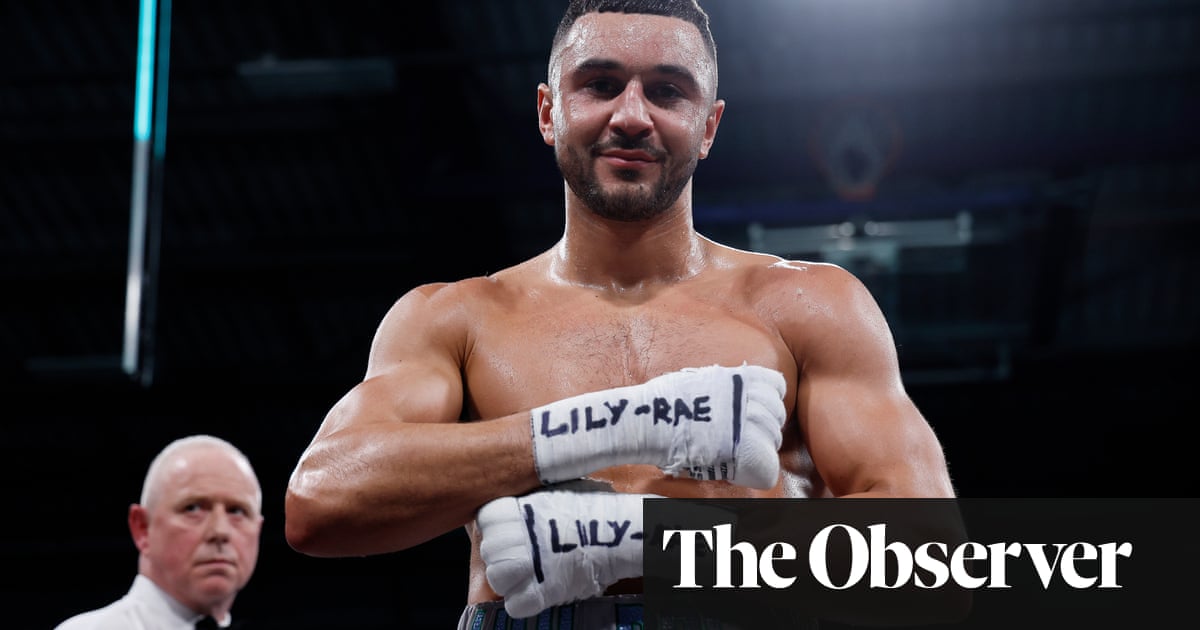Many days have passed since Romania’s tumultuous election, in which a far-right independent candidate topped the polls, but in crucial regards things are not much clearer. Was this truly the will of the people, or the doing of a network of Russian agents of influence? It leaves our country mired in its biggest political crisis in 35 years, with the constitutional court having annulled the first round of presidential elections after allegations that Russia, through means unclear but broadly familiar, promoted Călin Georgescu. He didn’t even make it into the top five positions of most opinion polls before the vote, but won the first round of presidential elections on 23 November with 23% of the vote. The burning issue is the need to know how and why.
To his proponents, Georgescu spoke to Romanians’ frustration with the traditional political parties and system. Devotees will say Georgescu was the providential leader the country had been waiting for.
Yet for anyone familiar with Russian disinformation tactics, the methods by which he rose to prominence felt all too familiar. Some of Georgescu’s most popular content on TikTok, the platform considered key in his sudden rise days before the election, fomented Romanians’ fears of having to fight on the frontlines in neighbouring Ukraine. The Romanian government has not communicated enough to reassure its population that they won’t be conscripted – and Russian disinformation is thriving in this vacuum.
Since war broke out, Russia has been exploiting the violence in Ukraine to instil fear in eastern European nations, masking its own imperialist ambition behind the smoke and mirrors that its invasion is a wider Nato-Russia conflict in which Kyiv is a mere pawn and Moscow is Washington’s victim.
Echoing this narrative, Georgescu promised peace and highlighted signs that he claimed showed the west wants to go to war – such as Germany’s moves to prepare civilians and troops in case of an attack. In addition to promising to end Romania’s military help to Ukraine, Georgescu falsely yet indignantly claimed that Ukrainian children in the country received more state support than Romanian kids. Narratives aiming to foster anti-Ukrainian sentiment have been pushed across social media in countries neighbouring Ukraine since Russia’s full-scale invasion.
Unsurprisingly, the Kremlin seemed to rejoice in the Romanian election outcome. State media said Georgescu was “Russia-aligned”. On X, an account attributed to ideologist Alexander Dugin wrote that “Romania will be part of Russia”. A video purporting to show Russian soldiers in Donbas praised Georgescu as a “great friend of Russia”. “Wait for us, we are close,” the military men said.
But Georgescu saw the dangers in this. Openly asked if he is pro-Russian, Georgescu insisted he was simply “pro-Romanian”. While praising Vladimir Putin as a “patriot”, he claimed he was not “a fan of his”.
And yet, their stars continue to align. Since the court annulment, dozens of Russian-managed websites and Telegram groups that have been involved in propaganda in a range of European countries have portrayed Georgescu as a martyr. Journalistic and thinktank investigations have claimed that Georgescu’s campaign, which declared zero spending, manipulated social media platforms through networks coordinated on Telegram, where “volunteers” received instructions on what messages to transmit and in what ways, being promised prizes for the best content – a tactic previously used by the Moscow-based Moldovan fugitive Ilan Shor (who denies any wrongdoing) in Moldova’s EU referendum and presidential election on 20 October.
Economically vulnerable communities are also being targeted by Russian-linked networks. Declassified Romanian secret documents suggest that vote buying, a practice used in recent Moldovan and Bulgarian elections, was employed.
Having now postponed the election, the authorities have been active in seeking to know more about what happened and who was involved. On Sunday night, Romanian police arrested 20 armed people from Georgescu’s alleged circle, as they travelled to Bucharest. Their coordinator is reported to be Horațiu Potra, who runs a private military company hiring Romanian and Moldovan mercenaries in the Democratic Republic of the Congo.
In the long run, proper investigations and prosecutions, as well as strong communication, will be needed to protect national security, restore belief in the democratic process and reconcile an already polarised Romanian society. Some steps have already been taken in that direction.
Baltic states have proved that it’s possible to limit the impact of Russian disinformation operations. The priority is to ensure that the playbook used to propel Georgescu in last month’s election is not repeated here or elsewhere. Russia is waging a hybrid war and it is intensifying. There must be a national and an international effort to make Europeans more resilient to it.
-
Paula Erizanu is a Moldovan journalist and writer based in Chișinău

.png) 1 month ago
13
1 month ago
13













































